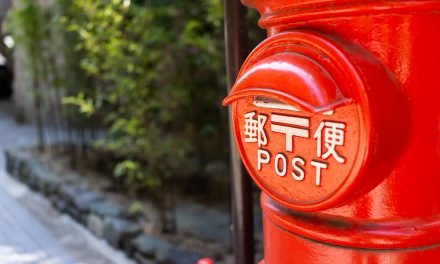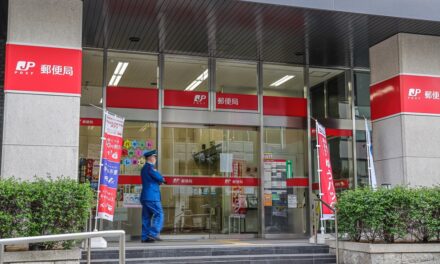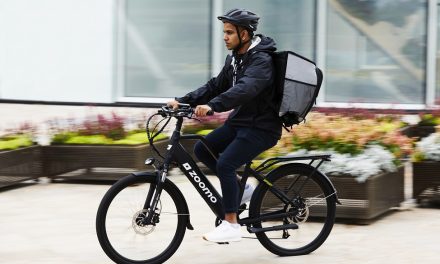
Japan Post looking to switch fleet to electric cars
Japan’s postal services system is looking to switch its entire fleet of about 21,000 short-distance delivery vehicles to zero-emission electric cars starting this business year, it said on Monday.
Depending on how fast the cars and necessary infrastructure such as recharging stations could be ready, the company may use some gasoline-electric hybrid cars in the interim, he said.
Among Japanese automakers, Mitsubishi Motors Corp, Subaru maker Fuji Heavy Industries Ltd and Nissan Motor Co are aggressively developing electric cars, which emit little to no harmful emissions but require large loads of batteries to drive relatively short distances. The time required to recharge the batteries is also a hurdle with current technology.
All three automakers have said they aim to commercialise electric cars by 2010.
Shares of vehicle-use battery makers surged after the Nikkei business daily reported Japan Post’s plan on Monday. Furukawa Battery Co surged 16 percent, GS Yuasa Corp., which has a battery joint venture with Mitsubishi Motors, jumped 7 percent, and Sanyo Electric Co put on 5.6 percent.
Hitachi Maxell Ltd gained 6.5 percent. A spokesman there confirmed a Nikkei evening edition report that it is aiming to commercialise a longer-lasting, cheaper lithium-ion battery in the next three to four years that substitutes expensive cobalt with manganese.
Japan’s postal services system is looking to switch its entire fleet of about 21,000 short-distance delivery vehicles to zero-emission electric cars starting this business year, it said on Monday.
“We’re discussing the feasibility with automakers and battery makers to that end,” said a spokesman at Japan Post Service Co, the mail delivery unit of Japan Post Group.
Depending on how fast the cars and necessary infrastructure such as recharging stations could be ready, the company may use some gasoline-electric hybrid cars in the interim, he said.
Among Japanese automakers, Mitsubishi Motors Corp, Subaru maker Fuji Heavy Industries Ltd and Nissan Motor Co are aggressively developing electric cars, which emit little to no harmful emissions but require large loads of batteries to drive relatively short distances. The time required to recharge the batteries is also a hurdle with current technology.
All three automakers have said they aim to commercialise electric cars by 2010.
Shares of vehicle-use battery makers surged after the Nikkei business daily reported Japan Post’s plan on Monday. Furukawa Battery Co surged 16 percent, GS Yuasa Corp., which has a battery joint venture with Mitsubishi Motors, jumped 7 percent, and Sanyo Electric Co put on 5.6 percent.
Hitachi Maxell Ltd gained 6.5 percent. A spokesman there confirmed a Nikkei evening edition report that it is aiming to commercialise a longer-lasting, cheaper lithium-ion battery in the next three to four years that substitutes expensive cobalt with manganese.












